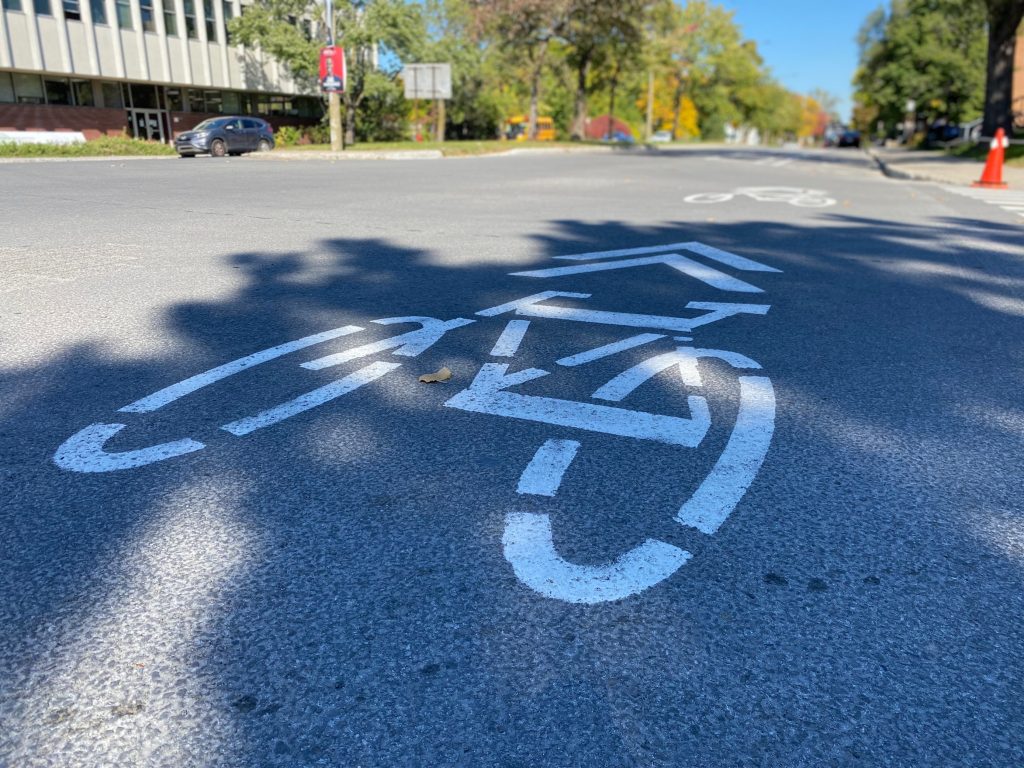Northvolt EV battery plant will need close to a dozen environmental authorizations before construction can be completed

Posted April 3, 2024 12:04 pm.
Last Updated April 3, 2024 12:48 pm.
Northvolt, the Swedish EV battery manufacturer building a $7-billion plant outside of Montreal will need about a dozen environmental authorizations from governments to complete construction.
On Wednesday, the company provided on update on what has been accomplished so far and what still needs to be done. The company is still awaiting ministerial authorization to move forward.
Northvolt will also have to submit documentation later this year for a portion of its project that will be subject to an environmental assessment by the Bureau d’audience publique sur l’environnement (BAPE).
One of the authorizations needed to start construction will be for the intake and discharge of water into the Richelieu River.
The water from the Richelieu River is home to the endangered copper redhorse fish, and it be used to cool the equipment.
If the company does not obtain authorization to draw water from the river, other options are being looked at, like building “cooling towers”, but this alternative is not sustainable, according to Northvolt’s management.
Northvolt CEO Paolo Cerruti said that he would post the main documents relating to the BAPE and the ministerial authorizations on the company’s website, so that they are available to the public.
Wetlands and trees affected by construction
Up to 450 trucks will travel back and forth to the site as part of the construction of the first buildings on the land which straddles the municipalities of Saint-Basile-le-Grand and McMasterville.
Various mitigation measures will be in place such as the use of tarpaulins on trucks to prevent dust and debris from spreading.
Close to 9,500 dead and living trees will have to be removed on the McMasterville side. In Saint-Basile-le-Grand, more than 14,000 trees were cut.
Last month, Northvolt received a notice of non-compliance from the Quebec Ministry of the Environment, the Fight against Climate Change, Wildlife and Parks because of “accidental brush-cutting” and clearing a marsh that shouldn’t have been cleared.
The company says it has already proposed corrective measures to the Environment Ministry, namely the planting of seven alternate-leaf dogwoods, seven Hart dogwoods and seven yellow willows at the end of the site preparation work. The planting should be completed this spring.
Northvolt maintains that 6240 live trees and 3344 dead trees will be removed from the site and that it will replant 2.5 trees for each live tree felled.
The large battery plant will affect 13 hectares of wetlands.
The greenest battery
Northvolt believes it will be able to produce a battery with a carbon footprint 90 per cent smaller than that of its main Chinese competitors by the beginning of the next decade.
According to the company, decarbonised energy, i.e. hydroelectricity produced in Quebec, metal recycling and short supply chains, will make it possible to achieve this goal.
Northvolt aims to use 50 per cent of recycled materials.
“The carbon footprint of a Northvolt battery is 33 kgCO2e/kW, compared with the external market benchmark of 98 kgCO2e/kW,” according to a document presented at a press conference.
Since opening its North American headquarters in Montreal, Northvolt said they’ve signed contracts totaling $138 million with Quebec suppliers and hired 83 employees who “form the initial core of the Quebec team.”
The company plans to hire 3,000 employees in Quebec.
Quebec and Ottawa are financing the construction of the battery plant at a cost of $2.74 billion.
Northvolt expects to deliver its first battery in the summer of 2026.
-With files from La Presse Canadienne



